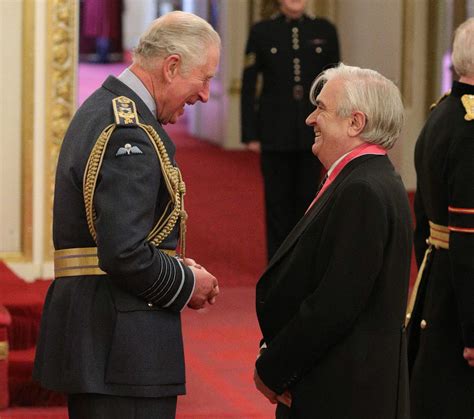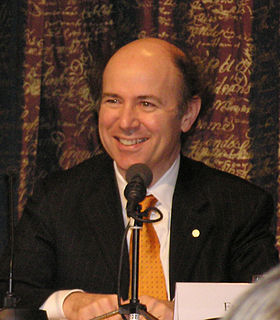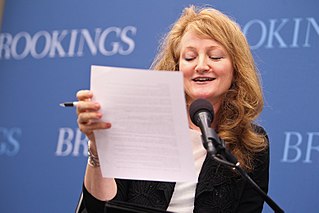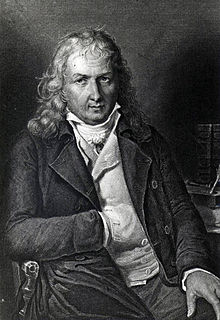A Quote by Starhawk
Witchcraft offers the model of a religion of poetry, not theology. It presents metaphors, not doctrines, and leaves open the possibility of reconciliation of science and religion, of many ways of knowing.
Related Quotes
But science can only be created by those who are thoroughly imbued with the aspiration toward truth and understanding. This source of feeling, however, springs from the sphere of religion. To this there also belongs the faith in the possibility that the regulations valid for the world of existence are rational, that is, comprehensible to reason. I cannot conceive of a genuine scientist without that profound faith. The situation may be expressed by an image: science without religion is lame, religion without science is blind.
The one eternal religion is applied to the opinions of various minds and various races. There never was my religion or yours, my national religion or your national religion; there never existed many religions, there is only the one. One infinite religion existed all through eternity and will ever exist, and this religion is expressing itself in various countries in various ways.
Religion in the West has a very wrong connotation. It has almost reached to a point where the very word 'religion' creates a repulsion, where the very word 'religion' reminds one of dead churches and dead priests. It reminds one of serious looking people, long faces. It has lost the capacity to dance, to sing, to celebrate. And when a religion has lost the capacity to dance, to celebrate, to sing, to love, just to be, then it is no more religion - it is a corpse, it is theology. Theology is dead religion.
I don't see how one can "believe in organized religion." What does it mean to believe in an organization? One can join it, support it, oppose it, accept its doctrines or reject them. There are many kinds of organized religion. People associate themselves with some of them, or not, for all sorts of reasons, maybe belief in some of their doctrines.
Religious doctrines would do well to withdraw their pretension to be dealing with matters of fact. That pretension is not only the source of the conflicts of religion with science and the vain and bitter controversies of sects; it is also the cause of the impurity and incoherence of religion in the soul.
We do not accept a religion because it offers us certain rewards. The only thing that a religion can offer us is to be just what it, in itself, is: a greater meaning in ourselves, in our lives, and in our grasp of the nature of things...a religion exists for us only if, like a piece of poetry, it carries us away. It is not in any sense a 'hypothesis.
The antagonism between science and religion, about which we hear so much, appears to me to be purely factitiousfabricated, on the one hand, by short-sighted religious people who confound a certain branch of science, theology, with religion; and, on the other, by equally short-sighted scientific people who forget that science takes for its province only that which is susceptible of clear intellectual comprehension; and that, outside the boundaries of that province, they must be content with imagination, with hope, and with ignorance
True religion is not talk, or doctrines, or theories, nor is it sectarianism. It is the relation between soul and God. Religion does not consist in erecting temples, or building churches, or attending public worship. It is not to be found in books, or in words, or in lectures, or in organizations. Religion consists in realization. We must realize God, feel God, see God, talk to God. That is religion.
I firmly believe that the method which sets theological theories against scientifically ascertained facts, is fatal to the current theology and injurious to the spirit of religion; and that the method which frankly recognizes the facts of life, and appreciates the spirit of the scientists whose patient and assiduous endeavor has brought those facts to light, will commend the spirit of religion to the new generation, and will benefit--not impair--theology as a science, by compelling its reconstruction.
Science without religion is dangerous because it necessarily entails a mechanization of humanity and consequent loss of individual autonomy and spirituality. On the other hand, religion without science is powerless because it lacks an effective means through which to actualize the ultimate reality. Science and religion must work together harmoniously.





































